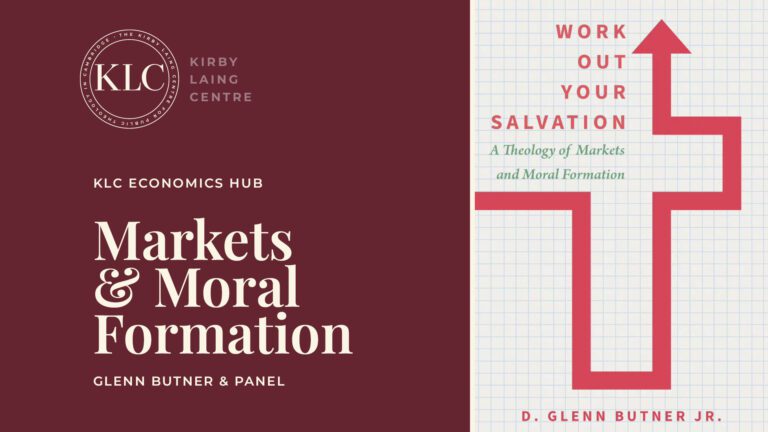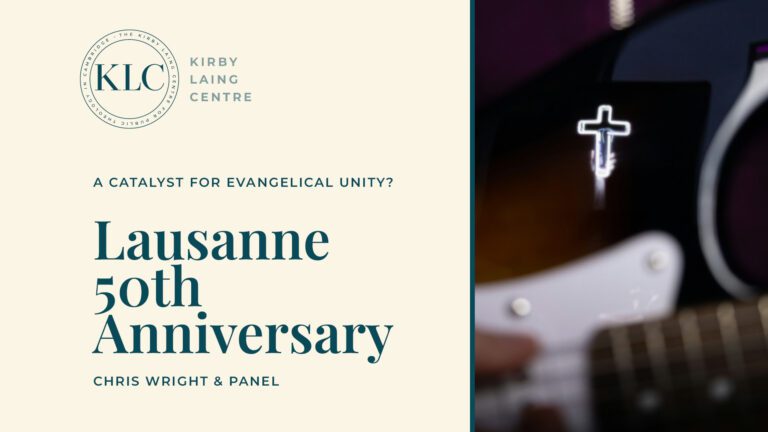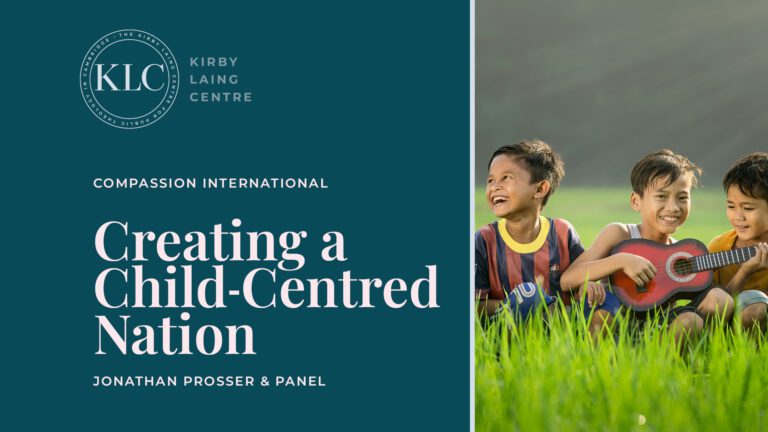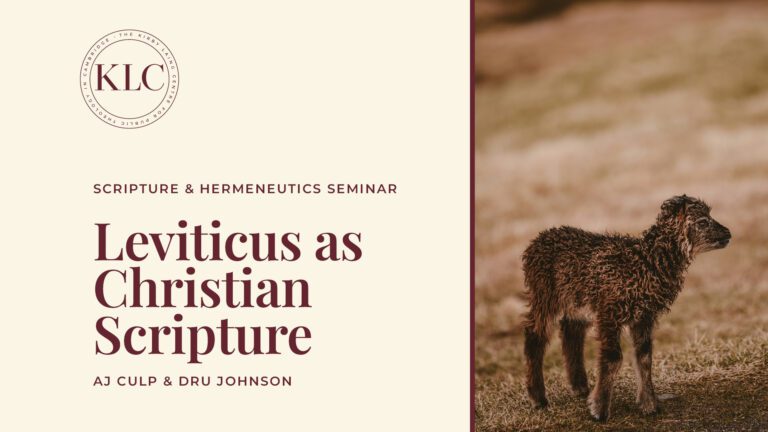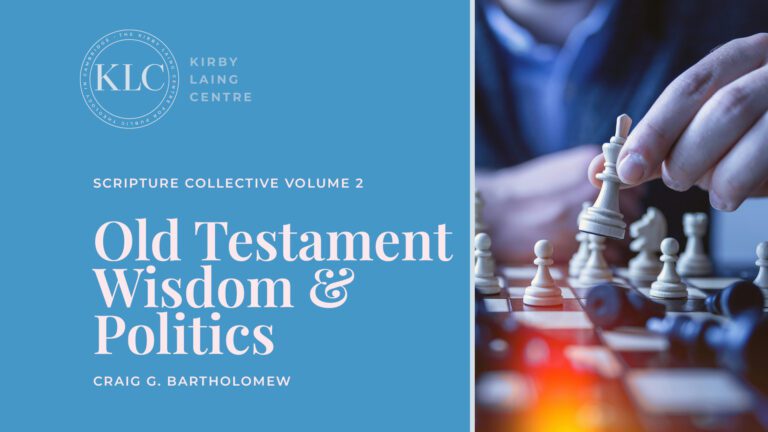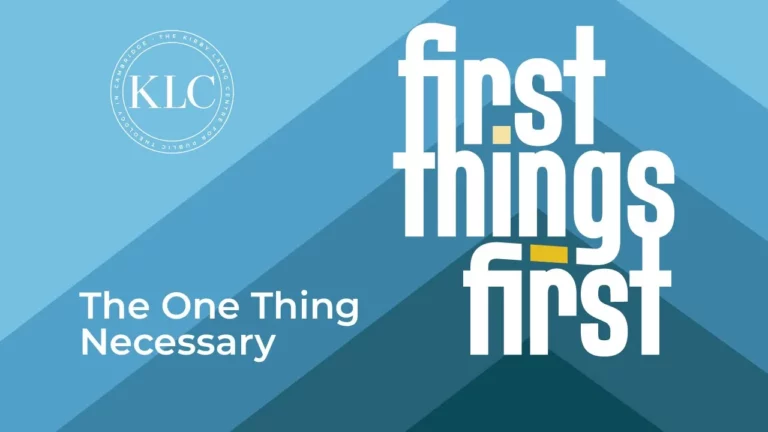

KLC hosts a variety of private events within our hubs and seminars, a monthly open prayer meeting, and occasional public events with our members and partners, which typically happen on the third Thursday of each month. We also host a biennial conference in Cambridge and our annual meal during SBL in North America.
Below you can sign up to receive our monthly prayer liturgy and meeting details, see any upcoming public events, and watch recordings of past events.
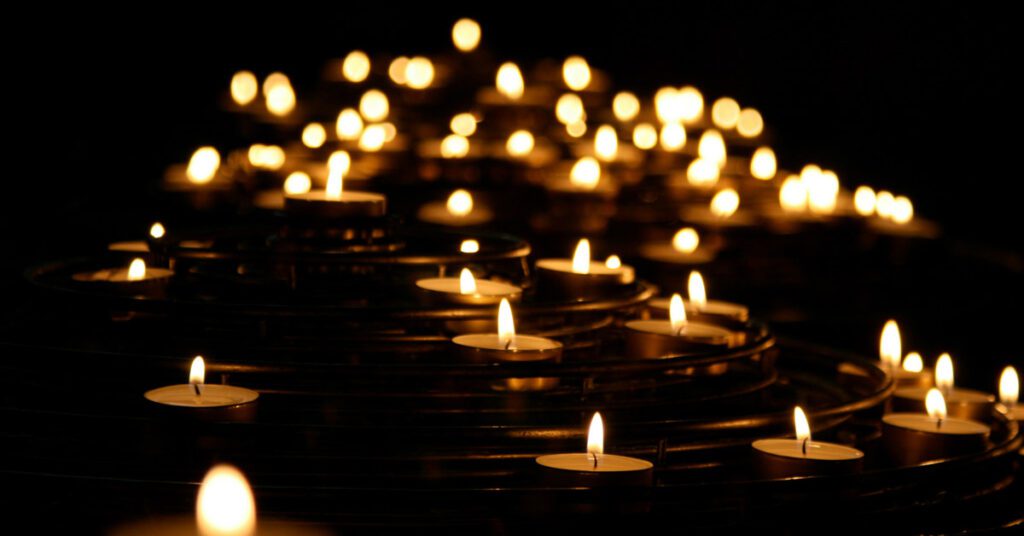
Prayer is at the heart of KLC’s work. Under the leadership of Hugo Herfst, we will host an hour prayer meeting on the first Thursday of every month at 4pm UK time that is open to the whole KLC community.

The Scripture and Hermeneutics Seminar continues its multiyear project exploring difficult texts as Christian Scripture. The focus for 2026 is Joshua and Judges.
If we believe, with the Apostle Paul, that ALL Scripture is God-breathed and is useful for the list of formative characteristics in 2 Timothy 3:16-17, then that includes Joshua and Judges. But this raises the all-important question: how do Joshua and Judges form and shape us into the people God is calling us to be in Christ? To explore this question, we will gather for 3 online events (March, June, and September) to consider questions of hermeneutics, intertextuality / reception history, and formation. Our in-person gathering at November’s IBR/SBL conferences in Denver will be a summative session and dialogue. We hope this work will strengthen and encourage our academic engagement with these books for the sake of the Church.
This first event focuses on hermeneutical considerations and will feature two presentations, from Dr Dave Beldman and Fr. Paul Béré, SJ. There will be some time for discussion and we will aim to close the session within the hour.
Wednesday March 4, 2026
1pm MST, 3pm EST, 8pm UK, 7am (March 5th) Sydney
Online via Zoom
Below you will find the video recordings from various events we have held, arranged by year. Use the Previous/Next buttons to see more event videos, or click here to see all our videos on YouTube.

